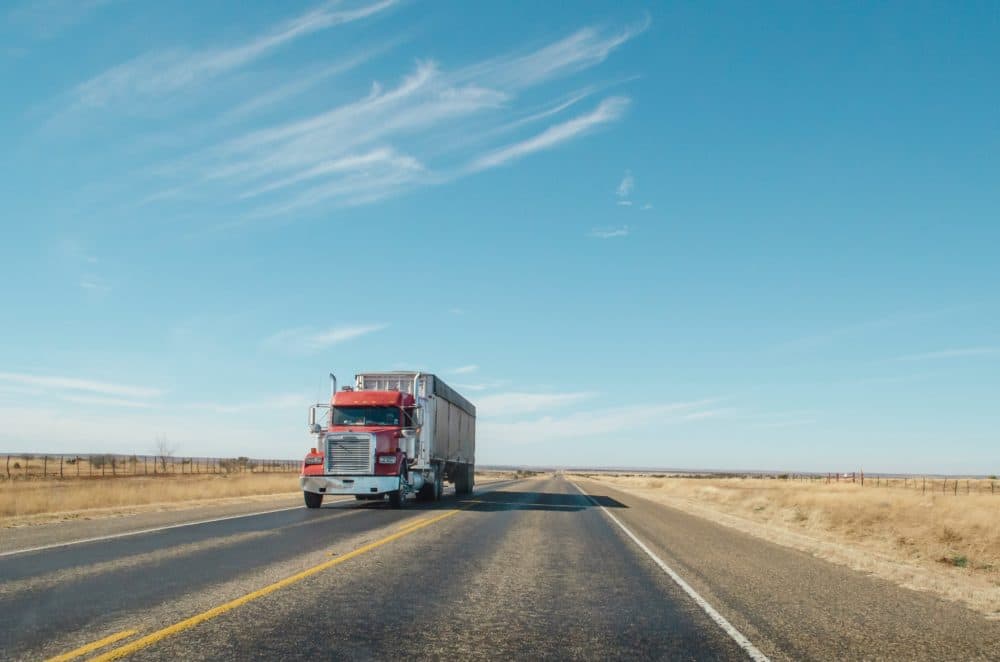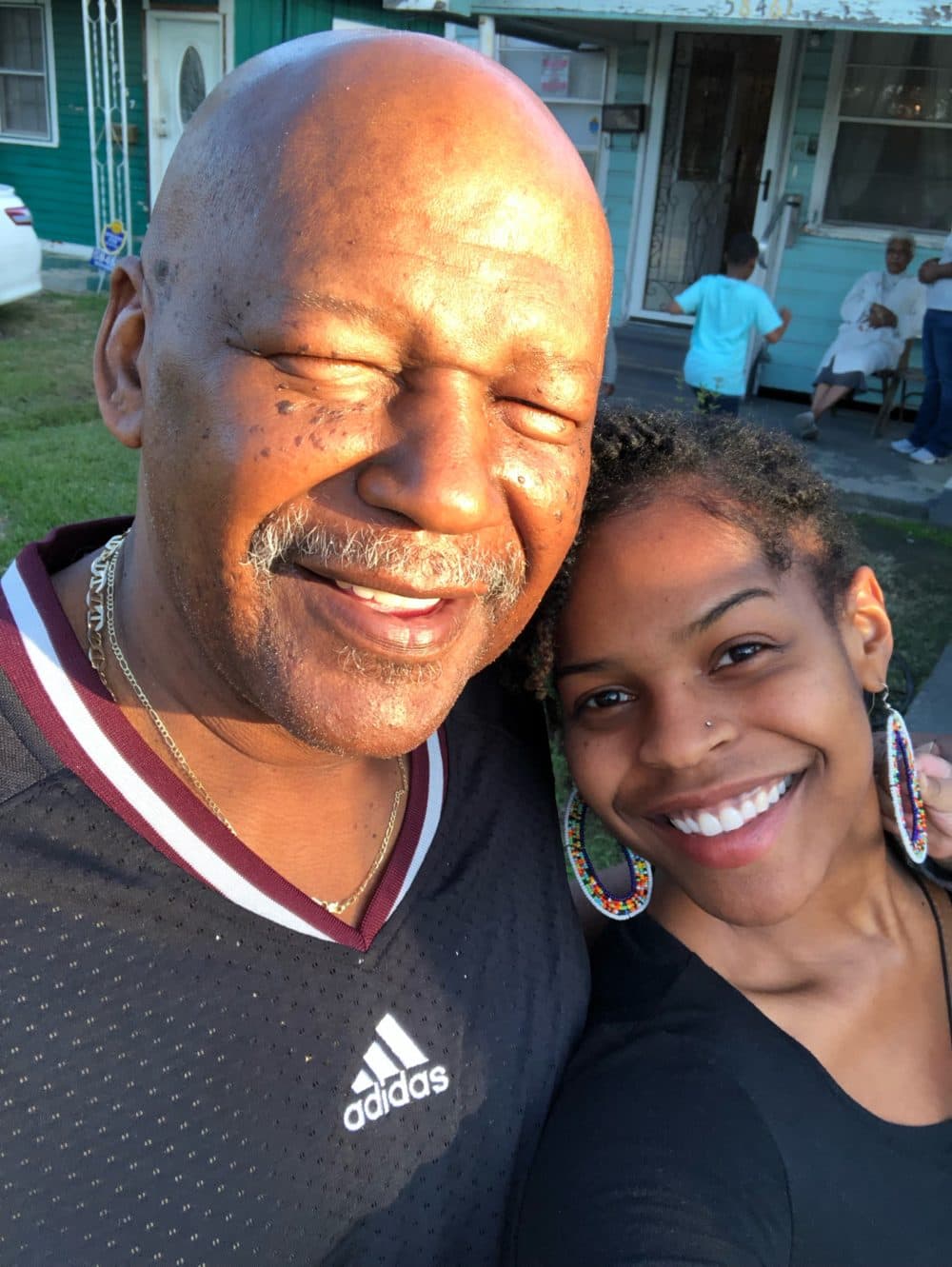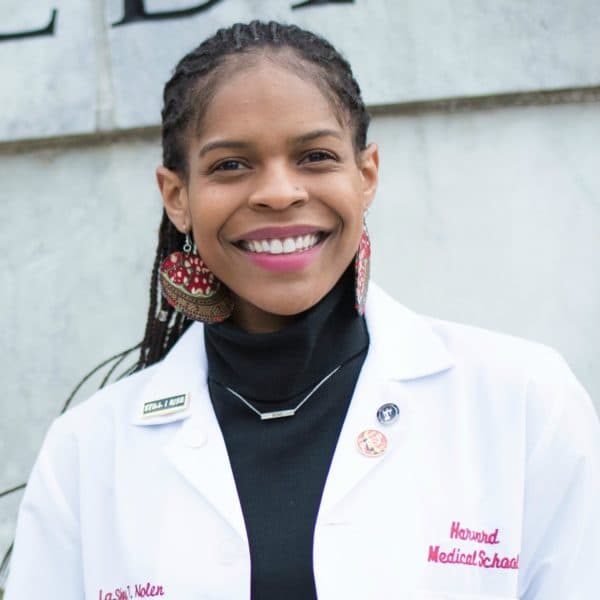Advertisement
Commentary
My Grandfather And Other Hidden Heroes Behind The Fight Against COVID-19

In tragedy, heroes arise. Health care workers have been on the frontlines of our fight against COVID-19, but blue-collar workers, like my grandfather, have been silently doing the valiant work that keeps our society going.
As Americans have resorted to panic buys, depleting markets of essentials like toilet paper and bottled water, low-wage workers, including truck drivers, are busy delivering the shipments that maintain our livelihoods, and theirs. As COVID-19 has damaged the economy and the health of our country, these people have risked their lives to stock shelves, clean buildings and deliver meals curbside.
My grandpa, Tony, has been a truck driver for over 40 years. He drives 11 hours a day hauling essentials -- gas additives and raw materials, for example -- to distributors across the country. Like most truck drivers, he eats at restaurants located at truck stops, where he also takes a shower in shared facilities with five or six showers. He considers himself lucky because his truck has a “sleeper,” an extended rear with a bed where he can lie down at night. This is a luxury many commercial drivers don’t have, so they often end up paying to sleep at motels.

As a medical student, I knew immediately my grandfather’s job as a truck driver would make him the perfect victim for this deadly virus. Along with his constant exposure to shared spaces, he is 67-years-old with hypertension and diabetes, all major risk factors for COVID-19.
When I pleaded to him to stop working, he told me, “I wish I could be at home, but I have to work. If I stop my whole house will stop, so I have no choice. If I had a stash I wouldn’t be out here, I would be at home. But I don’t have the money.” He then expressed to me his fear of bringing home the virus to my 62-year-old grandmother.
Understanding my grandfather was an impossible position, I did what I could to educate him on how to protect himself while out on the road. I taught him all I knew, from proper hand-washing techniques to social distancing. But I was frustrated that he had received no formal training or education about the coronavirus at work.
His experience differed drastically from mine as a student at Harvard Medical School. While I received a plethora of information from school officials and was encouraged to evacuate my on-campus housing, my grandfather was left unprepared, with a disincentive to stop working. This put both his health and that of our family in danger. It's an unfitting reality for the man whose work and dedication both inspired and funded my dreams of becoming a doctor.
My grandfather’s predicament is not an isolated one. From the custodial staff members I’ve spoken with at school to the cashiers I’ve interacted with at grocery stores, many of these workers have been grossly undereducated about COVID-19. Most of them have received limited formalized training on how to protect themselves in the workplace. This risk is compounded by the fact that many of these workers are immigrants and have limited access to resources in their native language. Only recently have efforts highlighted this issue and have started to create COVID-19 educational material in different languages.
As my grandfather always says, 'If the trucker stopped, the world would stop.'
Many of these workers feel financial pressure to go into work despite its associated risks. Even as federal and state leaders implement policies promoting social isolation, these mandates are selective in who they protect. While the CEOs and managers of these corporations can do their work remotely at home, many blue-collar employees must put their health at risk to keep these institutions and their households afloat.
The COVID-19 outbreak is showing no signs of slowing down but as we respond to its spread we must protect our most vulnerable and marginalized citizens, like my grandfather. This means that no trucker, cashier, sanitary worker, healthcare worker, or any person should have to put their lives at risk due to lack of education and protection or fears of financial instability. These workers are the hidden heroes that go into work every day while the rest of us socially distance. We owe it to them to ensure their basic needs are met because, without their contributions, our economy would come to an immediate halt.
As my grandfather always says, “If the trucker stopped, the world would stop." It's up to us to provide workers like him with the education, protection and financial stability to ensure this doesn’t happen.
